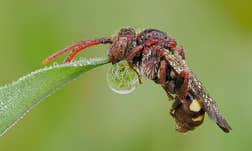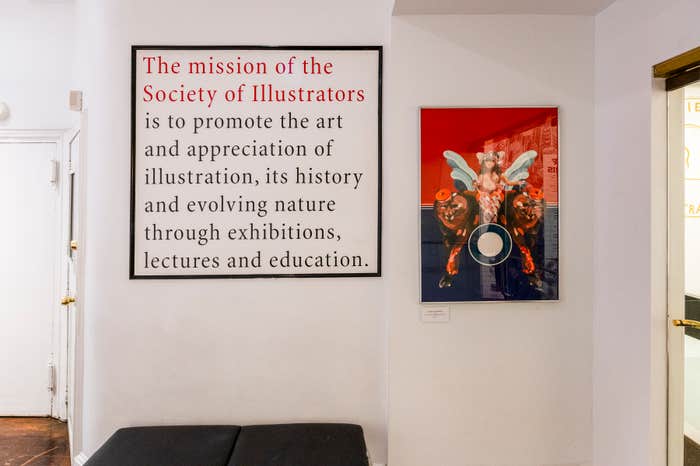Genius is a category that is both important and not well understood. Is genius accomplishment or talent? Social construct or hard fact? Derivative of intellect or something else? Restricted to humans? An evolutionary advantage, or a weed?

Unravel the biggest ideas in science.
Become a more curious you.
Unravel the biggest ideas in science.
Become a more curious you.
The full Nautilus archive • eBooks & Special Editions • Ad-free reading
- The full Nautilus archive
- eBooks & Special Editions
- Ad-free reading

Fuel your wonder. Feed your curiosity. Expand your mind.
Access the entire Nautilus archive,
ad-free on any device.

-
Protected: How to Thwart Internet Scams
There is no excerpt because this is a protected post. -
If Oaks and Orchids Could Talk
Lucas Gutierrez wants to turn plant frequencies into a language humans can understand -
Celebrating the Relationship Between Science and Illustration
A conversation with Society of Illustrators executive director Arabelle Liepold -
The Extraordinary, Imperiled Science at the End of the Earth
Firing experts in Antarctica couldn’t come at a worse time -
Breaking a Cycle of Apocalypse
John Larison’s new novel The Ancients suggests some societies are built for cataclysm























